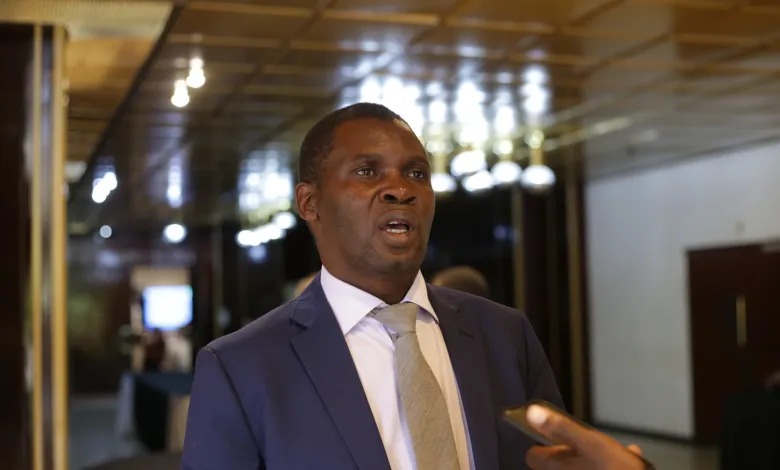Zimbabwe Aims for Top Marks in Next Money Laundering Fight, Says Central Bank Chief
Written by Staff Reporter on October 10, 2025
VICTORIA FALLS, Zimbabwe – Zimbabwe’s financial system must now prove its effectiveness in combating money laundering and financial crimes, the Acting Governor of the Reserve Bank of Zimbabwe (RBZ), Dr. J.T. Chipika, declared on Friday, as the nation prepares for a critical international assessment.
Officially opening the 2025 Public-Private Sector Dialogue (PPSD) in Victoria Falls, Dr. Chipika revealed that while Zimbabwe has achieved one of the best technical compliance ratings in its region, the upcoming evaluation will focus on how well the country’s systems work in practice.
“The next round of assessments… will focus less on technical compliance… Instead, the focus will now be on assessing effectiveness, that is to say, how well we are performing as a country to effectively combat money laundering and related financial crimes,” Dr. Chipika told a gathering of senior government officials, financial institutions, and private sector representatives.
The conference, organized by Zimbabwe’s Financial Intelligence Unit (FIU), is themed “Consolidating Progress and Driving Action Towards a High Level of AML/CFT Effectiveness.”
Dr. Chipika underscored the high stakes, recalling the severe consequences of the country’s previous placement on the Financial Action Task Force (FATF) “grey list” in 2019, a status from which it was removed in 2022.
“When Zimbabwe was grey-listed, the impact was felt greatest in the financial sector where many banks lost correspondent banking relationships with overseas banks and struggled to establish new relationships,” she stated. “Going down that road again is something that we need to avoid at even greater cost.”
The Acting Governor highlighted the nation’s remarkable progress, noting that out of the FATF’s 40 recommendations, Zimbabwe is now rated as either fully or largely compliant in 37—a significant improvement from the major weaknesses identified in the last mutual evaluation in 2015.
She commended the collaborative efforts of stakeholders that led to this achievement, which was met with a round of applause from delegates.
However, Dr. Chipika issued a clear call to action, emphasizing that the responsibility for the upcoming effectiveness assessment lies with every institution in the anti-money laundering value chain.
“This conference is a great opportunity for public and private sector players to interact and exchange ideas… It is a recognition that fighting crime is not the responsibility of one agency, nor is it the responsibility of the public sector alone. It is a collective responsibility,” she said.
The RBZ, as the regulator of banks, mobile money services, and other payment systems, is a key stakeholder in this fight. Dr. Chipika also linked the nation’s financial integrity goals to broader sustainable development, outlining the central bank’s leadership in the Sustainability Standard Certification Initiative to create resilient financial institutions.
The two-day dialogue will see delegates from both Zimbabwe and neighbouring countries, including the Director General of Zambia’s Financial Intelligence Centre, deliberate on strategies to strengthen the nation’s defences against financial crime ahead of its assessment by the Eastern and Southern Africa Anti-Money Laundering Group (ESAAMLG).






 Breeze FM
Breeze FM